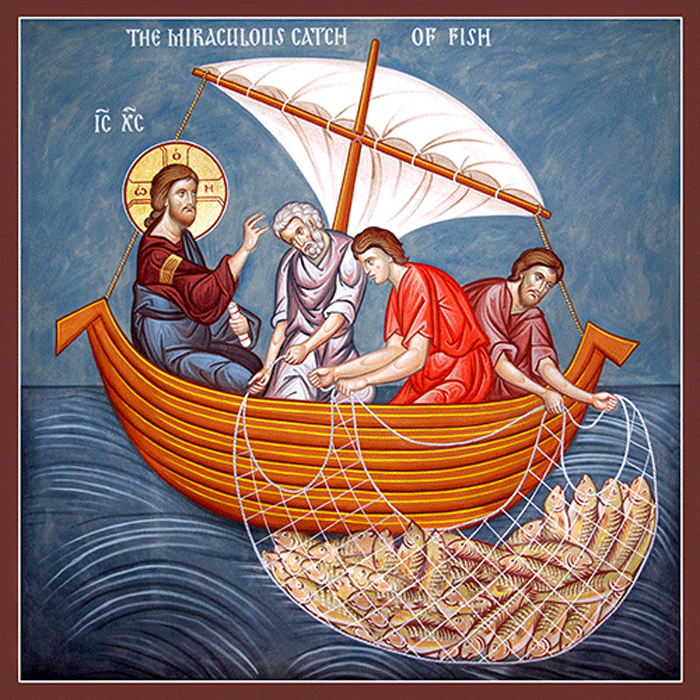Christian Art | Prayer With Jesus | Meditations On The Love Of Jesus Christ | Image By Dall-E
Matthew 26: 36-39 | King James Audio Bible | KJV | King James Version
‘Then cometh Jesus with them unto a place called Gethsemane, and saith unto the disciples, Sit ye here, while I go and pray yonder. And he took with him Peter and the two sons of Zebedee, and began to be sorrowful and very heavy. Then saith he unto them, My soul is exceeding sorrowful, even unto death: tarry ye here, and watch with me. And he went a little further, and fell on his face, and prayed, saying, O my Father, if it be possible, let this cup pass from me: nevertheless not as I will, but as thou wilt.’ (Matthew 26: 36-39 KJV)
Jesus leads his disciples to the Garden of Gethsemane, a place to be of sorrow and prayer. Overwhelmed with distress, Jesus pleads with God to find another way to fulfil Jesus’ mission, yet Jesus ultimately submits to God’s will.
Gethsemane | Our Life In The Light Of Jesus Christ | Meditations On The Love Of Jesus Christ
As Jesus led his disciples to this secluded place, weight of impending events pressed heavily upon him. Jesus’ heart was burdened with sorrow, and Jesus’ soul was deeply troubled. It is essential to recognize that, despite being the divine Son of God, Jesus fully embraced his humanity, experiencing exactly emotions and struggles as any human.
The intensity of Jesus’ emotions is evident as he takes Peter, James and John a little further into the garden. Jesus confides in them, revealing the overwhelming grief that fills his soul, reaching the point of feeling ‘exceeding sorrowful unto death’. In this moment, Jesus shows that it is okay to be vulnerable with others, to express our fears, and seek comfort and support from our friends in times of distress.
Jesus falls on his face and begins to pray. Jesus cries out to his Father, entreating God to find another way to fulfil God-Jesus’ mission on Earth. The ‘cup’ that Jesus refers to symbolizes the impending suffering, crucifixion, and separation from the Father. In his humanity, Jesus asks if there is an alternative path – knowing the death.
Jesus surrenders and trusts in God’s plan. Jesus’ prayer is essence of submission: ‘Nevertheless, not as I will, but as thou wilt.’ Jesus prays to align human emotions and divine nature.
Jesus teaches that it is okay to bring fears and uncertainties in prayer, trusting in God’s sovereignty even when we do not comprehend God’s plans.
Gethsemane reveals the cost of our redemption and the immeasurable love of Christ. Jesus’ willingness to take on our sins and bear the weight of transgressions reflects a profound sacrifice. It was divine love that strengthened Jesus to endure the cross, providing hope.
May we come before God with honesty and vulnerability. Through Jesus, we find courage to surrender desires, embracing greater purpose of our lives in serving God and loving others. Jesus’ sacrifice expressed in the garden paved the way for our salvation.

![]()
‘Cast thy burden upon the Lord, and he shall sustain thee: he shall never suffer the righteous to be moved.’ Psalm 55:22 (KJV)
Prayer To Jesus | Love Revealed By Jesus Christ | Gethsemane
Dear Jesus, thank you for your sacrificial love demonstrated in the Garden of Gethsemane. Help me to understand the depth of your humanity and the magnitude of your sacrifice. Teach me to surrender my will to yours and to trust in your perfect plan for my life. Amen.
A Prayer For Children | Gethsemane
Dear Jesus, when you were scared, you prayed and trusted God. Help me to remember that you are always with me and that I can talk to you when I’m afraid. Amen.

![]()
![]()
![]()
![]()








